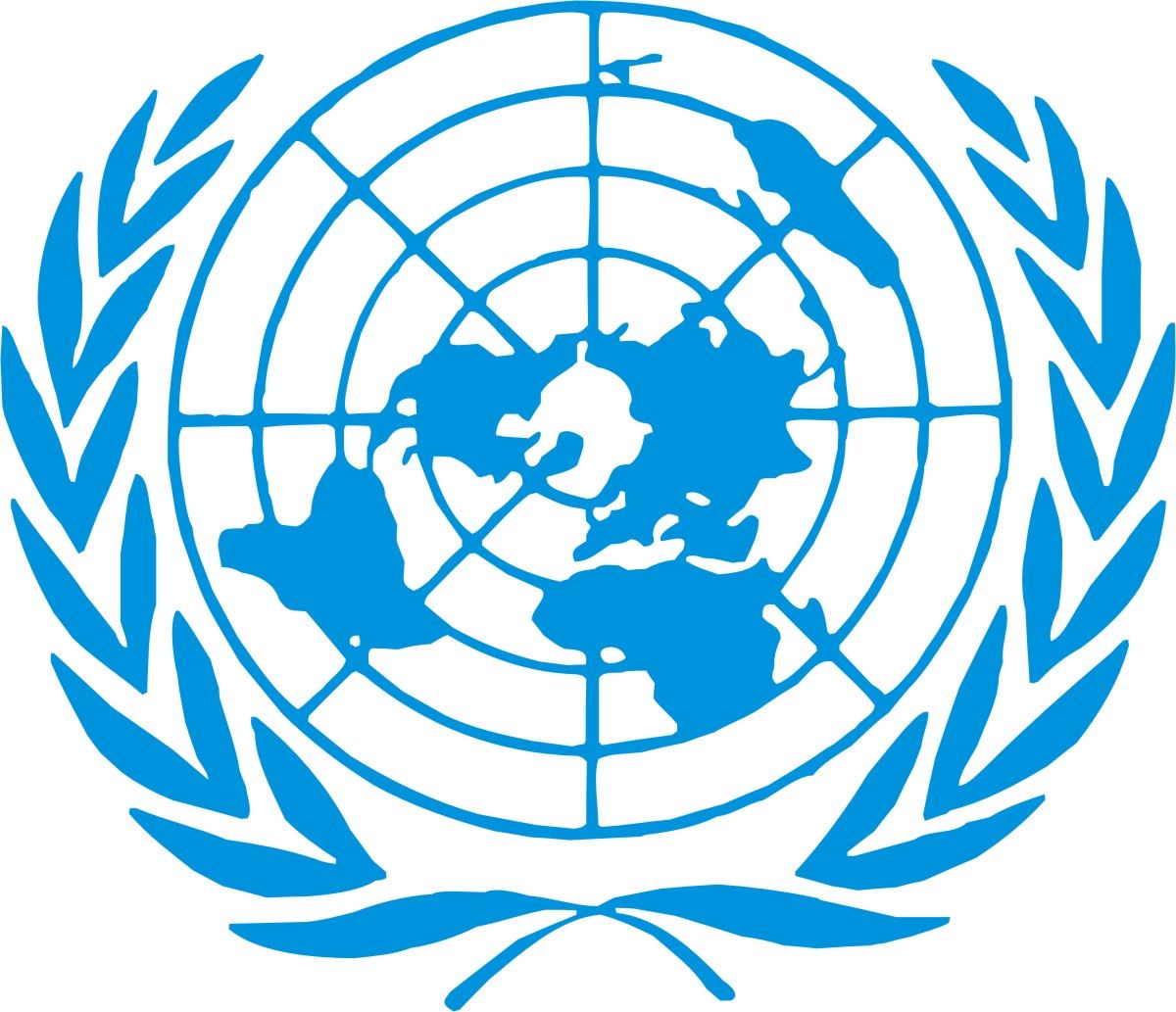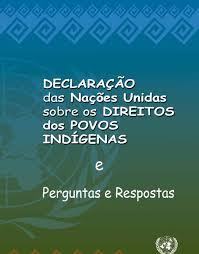Location
United Nations
The United Nations is an international organization founded in 1945. It is currently made up of 193 Member States. The mission and work of the United Nations are guided by the purposes and principles contained in its founding Charter.
Due to the powers vested in its Charter and its unique international character, the United Nations can take action on the issues confronting humanity in the 21st century, such as peace and security, climate change, sustainable development, human rights, disarmament, terrorism, humanitarian and health emergencies, gender equality, governance, food production, and more.
The UN also provides a forum for its members to express their views in the General Assembly, the Security Council, the Economic and Social Council, and other bodies and committees. By enabling dialogue between its members, and by hosting negotiations, the Organization has become a mechanism for governments to find areas of agreement and solve problems together.
The UN's Chief Administrative Officer is the Secretary-General.
Members:
Resources
Displaying 26 - 30 of 44Women’s Role in Agricultur e and in Rural Welfare: Access to Land and Resources
This paper will first explain briefly why gendered relations around property rights are an important development and welfare issue. Then it will explore what has happened to women’s rights under agrarian reforms, titling and registration programmes, and land privatization programmes in general. The paper will then briefly describe how women have attempted to respond to threats on their rights. The final section will explore the relation between property rights and access to factor markets, a crucial relation in agricultural production for the market.
Access to and distribution of agricultural land
This article is an extract from the bigger document. This articles briefly highlights that the land distribution remains highly unequal in some regions, Productivity growth of high-input agriculture has slowed down, Increased awareness regarding the detrimental effects of DDT has led to its elimination in many countries, Land under organic farming is increasing but remains concentrated in a few countries.
Consideration of reports submitted by States parties under article 18 of the Convention on the Elimination of All Forms of Discrimination against Women
Fiji ratified the UN Convention on the Elimination of All forms of Discrimination Against Women in August, 1995. The initial report was submitted in 2000 and the Fiji delegation appeared before the UN CEDAW Committee of Experts for the constructive dialogue in 2002. Fiji has not submitted any report since. Therefore this document is the State combined 2nd, 3rd and 4th Periodic report and covers the period January 2003 to June 2008.
Declaração das Nações Unidas sobre os Direitos dos Povos Indígenas
A Assembléia Geral, Tomando nota da recomendação que figura na resolução 1/2 do Conselho dos Direitos Humanos, de 29 de junho de 2006, na qual o Conselho aprovou o texto da Declaração das Nações Unidas sobre os Direitos dos Povos Indígenas, Recordando sua resolução 61/178, de 20 de dezembro de 2006, em que decidiu adiar o exame e a adoção de medidas sobre a Declaração a fim de dispor de mais tempo para seguir realizando consultas a respeito, e decidiu também concluir o exame da Declaração antes de que terminasse o sexagésimo-primeiro período de sessões, Aprova a Declaração das Nações Unidas
United Nations Declaration on the Rights of Indigenous Peoples
The United Nations Declaration on the Rights of Indigenous Peoples (UNDRIP) is the most comprehensive international instrument on the rights of indigenous peoples. It establishes a universal framework of minimum standards for the survival, dignity and well-being of the indigenous peoples of the world and it elaborates on existing human rights standards and fundamental freedoms as they apply to the specific situation of indigenous peoples.




